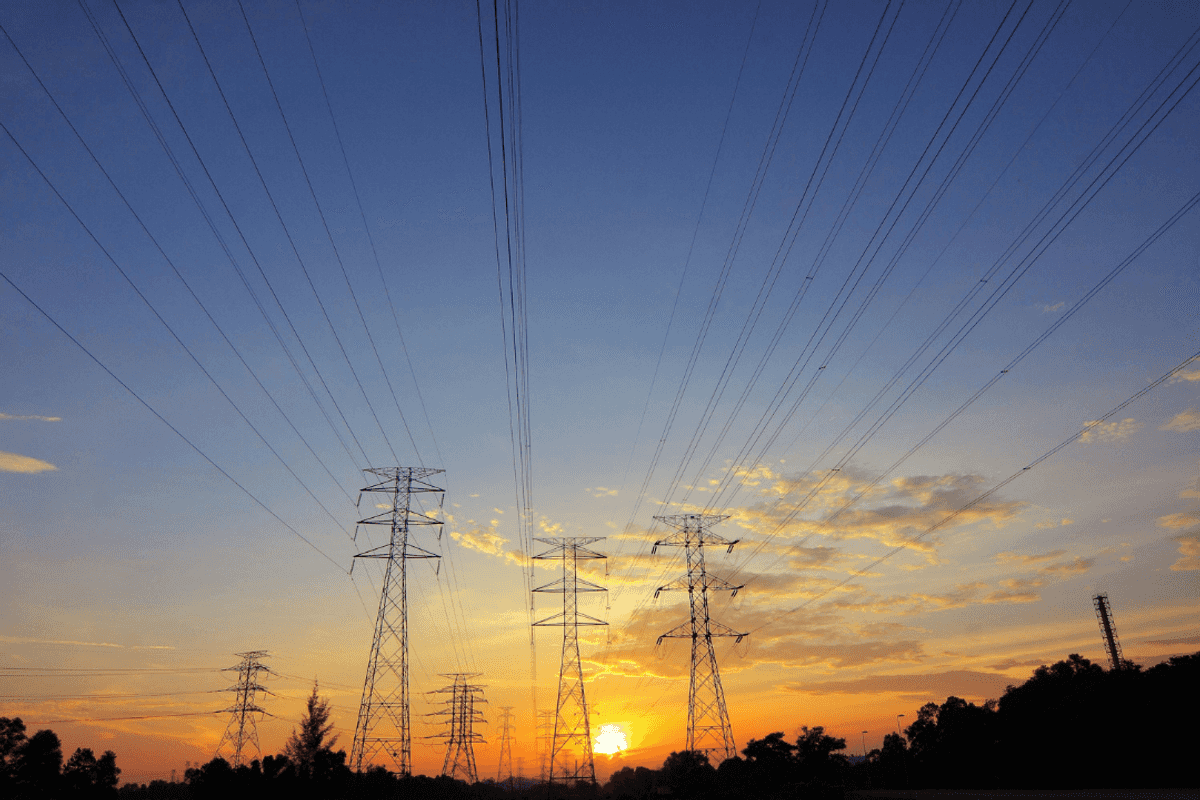Pakistan signs ‘landmark’ circular debt deal with banks
Agreement aims to solve one of the long-standing issues that has crippled the power sector
Business Desk
The Business Desk tracks economic trends, market movements, and business developments, offering analysis of both local and global financial news.

Power sector circular debt worth PKR 1.23 trillion to be restructured
Loans worth PKR 659.6B to be restructured, fresh financing of PKR 565.4B to settle overdue payments
No new surcharge to be imposed for debt repayment
Pakistan has successfully restructured a record PKR 1.23 trillion circular debt, a chronic issue of cyclical overdue payments that has plagued the country’s power sector.
The restructuring and financing agreement, signed at a ceremony held at the Prime Minister’s House in Islamabad, was facilitated by the Pakistan Banks Association (PBA), a representative body of commercial banks.
The agreement is being seen as a significant step toward resolving Pakistan’s long-standing circular debt crisis, which has strained the country’s energy sector, undermined investor confidence, and ballooned to nearly PKR 2.4 trillion, or about 2.1% of the country’s GDP.
The agreement – involving 18 major banks – was finalized with the participation of PBA, the ministries of finance and energy, the State Bank of Pakistan (SBP), and the Central Power Purchasing Agency (CPPA). The banks helped broker consensus on complex regulatory and financial issues, paving the way for what is being called one of the most important financial restructurings in Pakistan’s history.
The deal comprises PKR 659.6 billion in loan restructuring, as well as PKR 565.4 billion in fresh financing to settle overdue government payments to power producers. This will not only allow the government to negotiate better terms but also generate substantial fiscal savings.
Additionally, the release of PKR 660 billion in sovereign guarantees will unlock new liquidity for the banking sector, enabling fresh investments in key sectors, including agriculture, SMEs, affordable housing, education, and healthcare.
“This transaction is not just about numbers; it is about reaffirming the banking industry’s role as an equal partner in Pakistan’s economic development,” said Zafar Masud, Chairman of the PBA. “The resolution of the circular debt stock through this unprecedented restructuring reflects PBA’s commitment to nation-building and economic prosperity.”
What is included in the agreement?
The deal features a cashflow-backed structure, which avoids placing new burdens on the government or imposing additional surcharges on consumers. Instead, the existing debt service surcharge of PKR 3.23 per unit will be redirected toward debt repayment, ensuring a sustainable framework. The financing terms are notably concessional, with a floating rate of KIBOR minus 90 basis points — roughly 150 basis points lower than the previous loan rate.
Masud emphasized the broader significance of this agreement, calling it a template for tackling other structural economic challenges through innovation and collaboration between the public and private sectors.







Comments
See what people are discussing